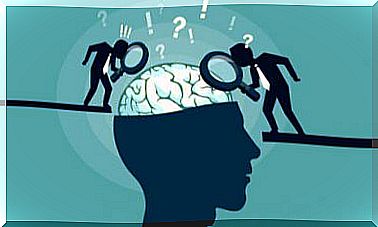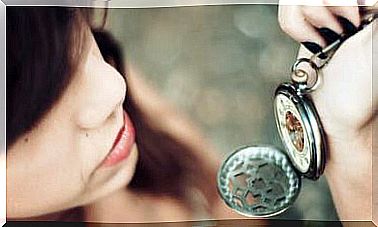Emotions After Motherhood

Motherhood inherently brings with it a huge torrent of emotions. The moment you see your baby’s face for the first time, you can feel joy, fear, nostalgia at the same time … You have just met the person who will probably, from this moment, be the center of your life and still you don’t really know how you feel about him or her.
Increases the release of the love hormone, oxytocin. She is responsible for the love we have for our children, as well as the feeling of responsibility and protection that floods us every time we look at them.
We must also take into account that, on a psychological level, the great change that the arrival of one more member of the family implies in our lives can cause the puerperium -period also known as quarantine- not to meet the expectations that we had deposited in the fact of being a mother.
That time is essential to adapt to the new situation and for this reason we should not feel guilty or label ourselves as “bad mothers”, much less allow someone to do so. The support of the couple, family and social is, in this sense, fundamental.
The mind after childbirth
As we have mentioned in the introduction, future mothers -especially if they are first-time- tend to harbor unrealistic expectations in their minds about what motherhood entails. Our mothers, grandmothers, aunts or neighbors have spent nine months in charge of telling us how wonderful it is to be a mother and how well they developed, therefore you look forward to that moment when you are going to be the happiest person on Earth.
Watch out! The maternal feeling does not come by magic. All those who told you that that moment in their lives was wonderful did not lie to you, but they also did not remember that we all need a period of adaptation to new important situations and that this is absolutely normal.

In this sense, intense feelings of guilt may arise due to negative automatic thoughts, such as: I am not good for being a mother, my son will have traumas because I am not doing well, my life has disappeared forever, etc …
It is important to detect these negative thoughts in order to combat them and modify them for more realistic and positive ones. If not, the feeling of guilt can turn into deep sadness or depression; the entry into a vicious circle in which we do not feel like carrying out the baby’s tasks or even in which we neglect our own life, thus increasing the intensity of the initial feelings and closing the circle.
In addition to the hormonal and psychological changes that occur in the puerperium, there are also the vital changes that we are bound to suffer : lack of sleep, time for ourselves, intimacy with a partner, visits and more visits, etc. Which adds even more nourishment to those not-so-positive emotions that we can feel in the first few weeks.
Living positive motherhood
The good news is that everything ends up happening. Although at first being a mother seems like a world and you get to feel really bad, your hormonal system and your ability to adapt will make sure that what seemed like hell turns into paradise. However, as much as nature helps us, it is necessary that you do your part.
To begin, you must accept the moment you are living as well as the emotions that are inevitably associated with it. The changes that have come to your life are very great and it is normal and tolerable to have contradictory feelings, which can be alternated or given at the same time.
Once you have accepted your feelings, begin to analyze what is going through your mind every time you wake up and you realize that you are now a mother and have certain responsibilities that did not exist before. Write down those thoughts on a piece of paper and as if it were another language, start translating them into a positive one.

For example, if you have thought: “With how young I am and a son in the world, my life has been ruined”, translate it to “Being so young I have much more energy to play with my son and my whole life ahead of him. undertake a multitude of projects ”.
Lastly, run away from unsolicited advice. Many people like to meddle in maternity issues: that you breastfeed, that you do not breastfeed, that the child should sleep in his room, that he should sleep with the parents, that if a pacifier, yes, pacifier …
These tips, almost always based on own experience, almost never help and rather what they do is re-create insecurity in the mother who does not know for sure what is best for her baby. For this reason, trust only the professionals, pediatricians, midwives or child psychologists, as they are the ones who are trained to properly advise you on your upbringing.
Main images courtesy of Pascal Campion









